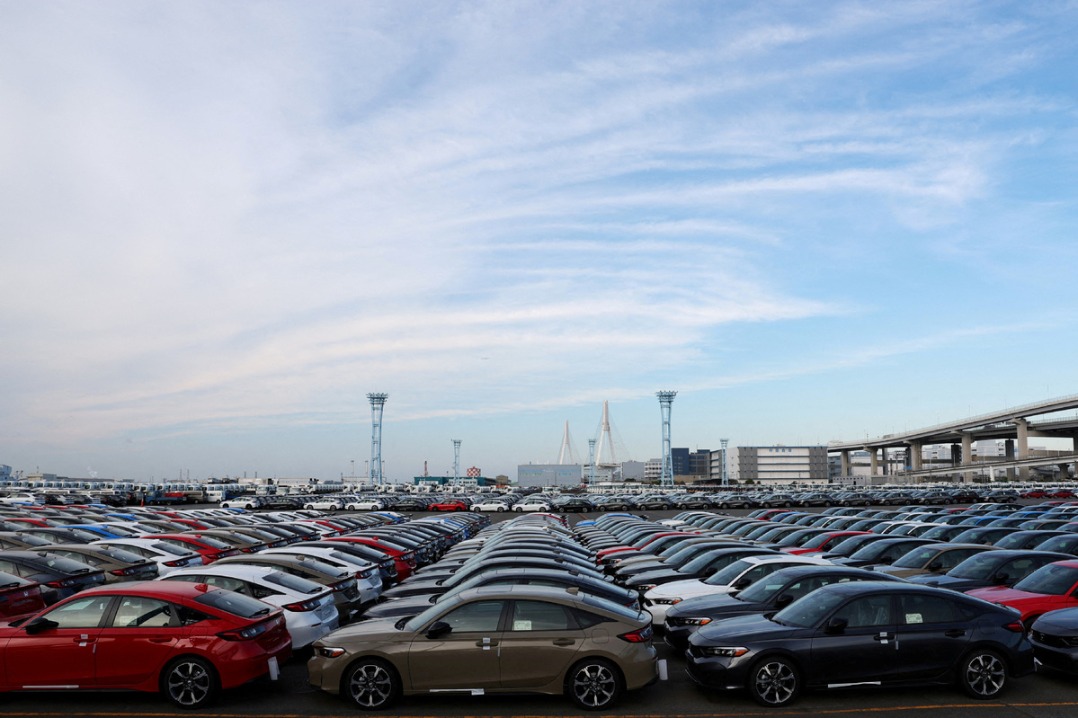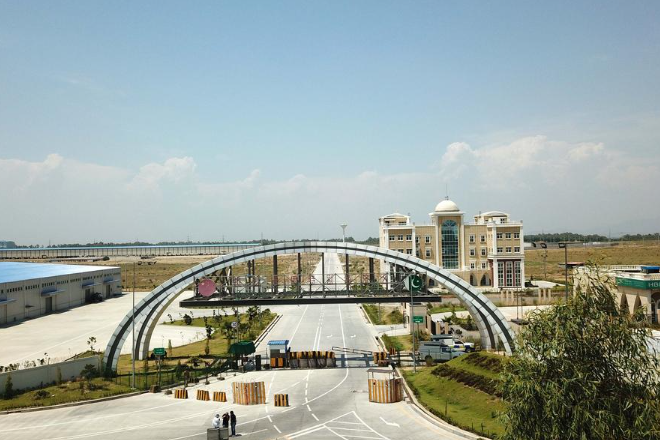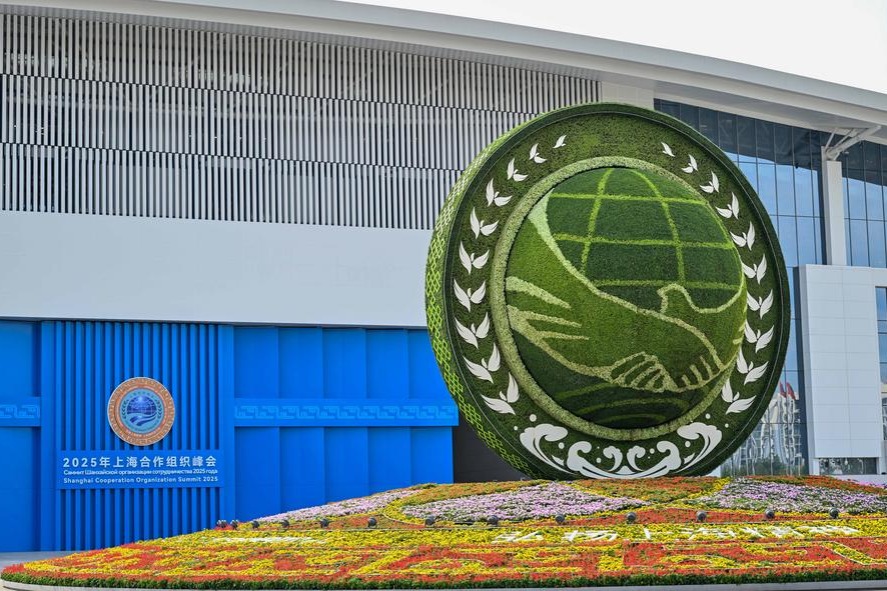China and Kenya chambers of commerce sign MoU to boost trade

The China Chamber of Commerce for Import and Export of Machinery and Electronic Products and the Kenya National Chamber of Commerce and Industry have signed a Memorandum of Understanding, laying the foundation for deeper bilateral cooperation through knowledge sharing, trade facilitation, and joint research.
Shi Yonghong, vice-president of China Chamber of Commerce for Import and Export of Machinery and Electronic Products, said China–Kenya trade in machinery and electronic products has grown from $2.28 billion in 2018 to $3.78 billion in 2024.
"From January to July this year alone, trade in machinery and electronic products reached $2.66 billion, representing a 25.8 percent year-on-year increase," Shi said.
He added that Chinese enterprises are increasingly investing in Kenya.
"According to our chamber statistics, in 2024 alone, Chinese enterprises signed over 20 new machinery and electronics engineering projects in Kenya, with a total value of $4.23 billion," Shi said.
"These projects cover railway transportation, power, mining, and related sectors, playing an important role in Kenya's economic and social development."
Shi noted that the investments bring not only capital and technology, but also create significant local employment while promoting technology transfer and talent training to strengthen Kenya's capacity for independent development.
Erick Rutto, the president of Kenya National Chamber of Commerce and Industry, highlighted industrialization as central to Kenya's economic transformation.
"Industrial growth must be at the heart of our agenda. It is the engine that drives job creation, productivity, and innovation," he said.
Rutto noted that manufacturing currently contributes only 7.6 percent to Kenya's GDP, far below the national target of 15 percent.
"But the opportunity before us is immense," he added. "Research shows that a 1 percent increase in manufacturing output generates at least 200,000 jobs across value chains. This is how we can empower our youth, uplift SMEs, and secure our economic future," he said.
Pius Rotich, general manager of investment promotion and business development services at the Kenya Investment Authority, said Kenya remains committed to supporting investors and fostering a conducive business environment.
"Kenya offers the best investment destination because it's the largest economy in East Africa, with stable economy, vibrant democracy, strong logistics and innovation hub status, leadership in green transition, and a youthful population," he said.
Rotich added that investors can also take advantage of the country's special economic zones, export promotion zones, and industrial parks.
Zhou Zhencheng, minister-counsellor at the Chinese embassy in Kenya, said that under the Belt and Road Initiative and the Forum on China–Africa Cooperation, the China–Kenya comprehensive strategic partnership has continued to deepen, yielding tangible results.
He said China-Kenya cooperation in industrial products is entering a new phase of opportunity.
"Statistics show that Chinese exports of industrial products to Africa now account for more than half of China's total exports to the continent," Zhou said.
The remarks were made during the official opening of the 8th edition of the Kenya International Industrial Expo, also known as the Kenya Investment and Trade Fair 2025, in Nairobi.
Organized by Afripeak Expo Kenya Ltd in partnership with the Kenya National Chamber of Commerce and Industry and the Kenya Investment Authority, this year's expo runs from Thursday to Saturday under the theme, "Investing in Tomorrow – Trading for Prosperity".
The event has attracted more than 200 international exhibitors from China and over 6,000 business visitors and trade delegates from across the globe.
"This expo is more than an exhibition; it's a platform for innovation, partnership, and industrial transformation," Gao Wei, managing director of Afripeak Expo Kenya Ltd, said.
"This year, we expect greater engagement as global exhibitors bring tailored solutions to meet Africa's evolving industrial needs."

































